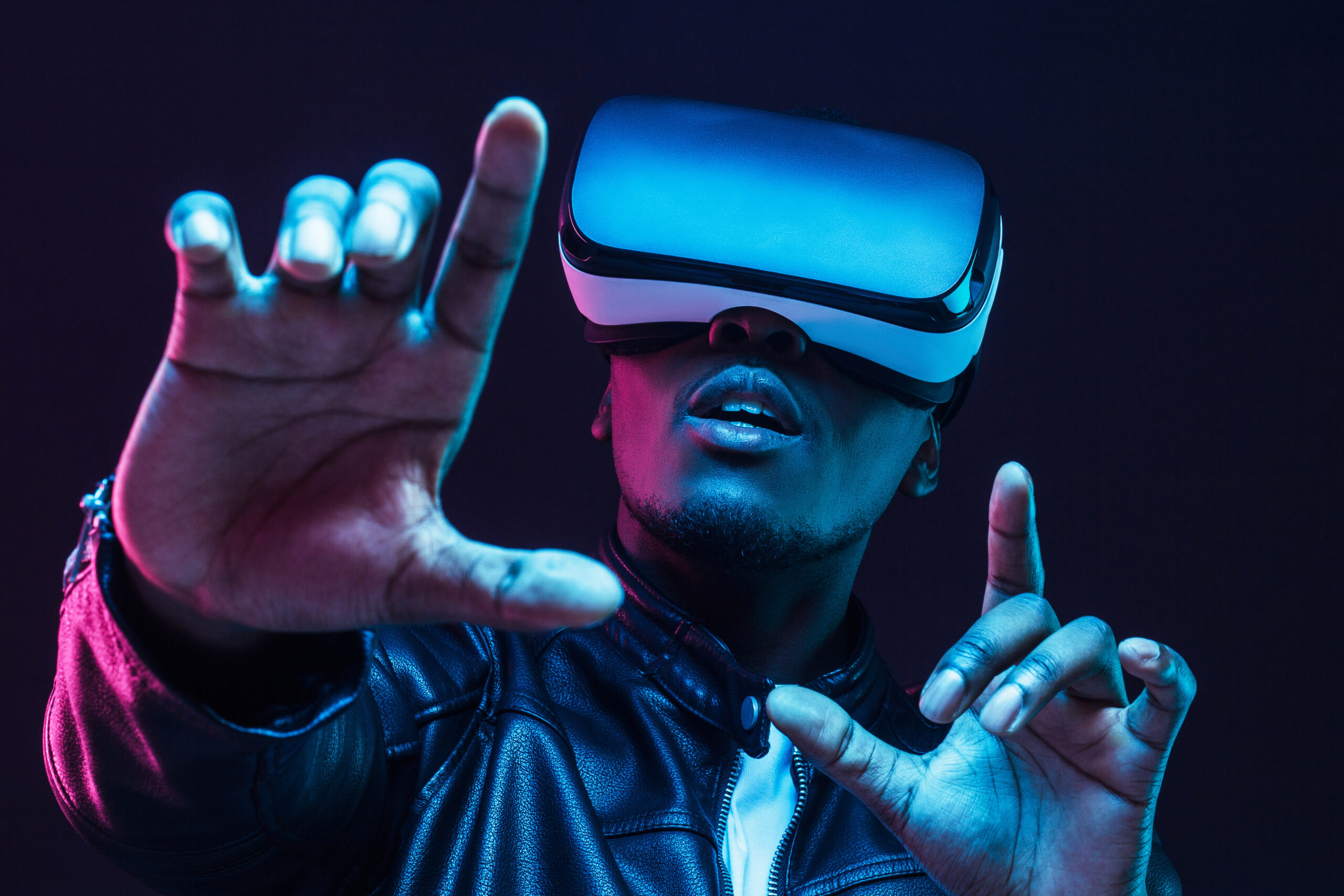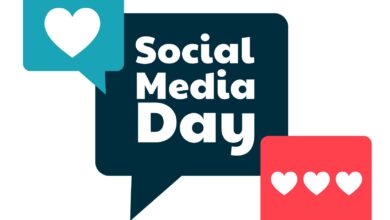A
A
A
In 2011, the bestselling novel Ready Player One swept science fiction audiences with its vision of a virtual reality dominated future. In the book, a virtual reality system called OASIS had become a totally immersive social hub through which education, economy and employment were provided. Concurrently, the physical world fell deeper into an impoverished, totalitarian mess, but let’s not get into that.
Readers were amused by the ability to become completely lost in nostalgia, exploration and fantasy. In some ways, it represented the logical continuation of the internet’s potential. In the nineties, we marveled at the ability to send a near-instant piece of electronic mail around the world. Now we imagine the ability to embrace and be together, despite being in different locations. And as we face extended quarantines and the increase of remote employment, society shifting to a virtually based plane of existence isn’t as absurd as it once may have sounded.
Read More »
A year after the release of this novel, the startup Oculus was funded through an enthusiastically received crowdfunding initiative. Less than two years later, Facebook put down two billion to acquire the company. At the time, the purchase hinted toward diversification. Since 2016, Oculus has mostly operated as a singular company, maintaining its own branding and marketing. That is soon to be changed as part of a wider strategic initiative by the social media monolith.
Oculus Connect will now be known as Facebook Connect. So what was Oculus Connect? Oculus Connect was an annual conference to release information about Oculus products. It is now a wider Facebook event, featuring over 35 speakers, all presented by Facebook Reality Labs.
The roster of speakers seems to focus more on connecting family and friends than providing access to Half-Life Alyx and other popular VR games. Other topics include live performances, immersive storytelling, and the potential monetization of the VR space. If there is any question about whether Facebook sees VR as a forward avenue, it should be noted that a Facebook account is now required to use the Quest, the flagship VR apparatus sold by Oculus.
Currently, the Quest suffers from the same Covid-19 related unavailability that has plagued the Nintendo Switch. Due to problems with supply channels, manufacturing and logistics the product is unavailable for purchase. Nevertheless, Facebook has proceeded with Horizon, a project currently in beta. Horizon aims to create a shared virtual world of avatars that almost looks like a version of The Sims powered by human sentience rather than artificial intelligence.
Until now, most VR companies were primarily interested in the niche PC gaming world. This market revolves around powerful graphic cards rendering lifelike scenery and split-second action. Facebook does have a shared gaming space and is trying to expand into the gaming sector. Most would agree, however, that their active gaming audience leans more toward Candy Crush than Call of Duty.
The current entry point of 399 USD for the base model will scare away many casual and recession-weary users. The hope of virtual reality leading a new tech boom is still about as realistic as smartwatches becoming a universal accessory. The average consumer is willing to pay as much as a thousand dollars for a phone, but VR would likely require a paradigm shift for it to be considered a justifiable purchase for the average person. Additionally, over-reliance on the Facebook brand could backfire. The aforementioned requirement of an account to use the device will undoubtedly turn away a certain amount of privacy-minded consumers. Similarly, the company has been under consistent criticism from consumers and world governments over their collection and handling of data.
On the other hand, the company is internationally ubiquitous and has an interconnected audience at the ready. The sizeable user base of the company could result in a successful (and highly entertaining) VR playground. They are in a position that could result in game-changing success or an abject flop. There is no doubt that popularizing a VR headset to the masses could be profitable.
Could this be the coming of the OASIS service predicted in the novel Ready Player One? Only time will tell. The event on September 16th should provide more information about the potential trajectory of virtual reality. It appears to be a gamble, but Facebook has the chips to lose. One thing is for certain, the future is looking more virtual than ever.






